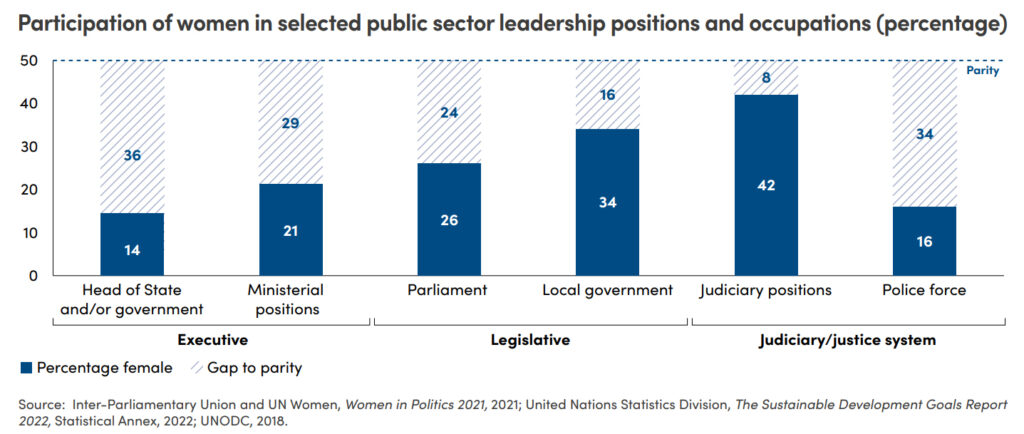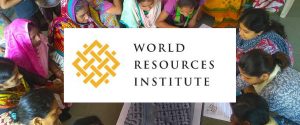The United Nations (UN) analysis of Sustainable Development Goal 5 reveals a “worrying setback” in women’s economic empowerment, and that the world is not on track to achieve gender equality by 2030.
The report, “Progress on the Sustainable Development Goals (SDGs): Gender Overview 2022,” analyzes each SDG in the context of its relationship to gender equality and concludes that progress could take up to 286 years if the current pace of change continues.
For example, with regard to progress in finance and labor, the report notes that it could take 140 years for women to be equally represented in positions of power and leadership in the workplace.
“It is critical that we come together now to invest in women and girls to reclaim and accelerate progress. The data shows an undeniable setback in their lives, exacerbated by the global crises, in income, security, education and health. The longer we take to reverse this trend, the more it will cost us all,” said UN Women Executive Director, Sima Bahous.

You may also be interested in > UN report: Poor land management and resource exploitation threaten half of global GDP
Lack of data
The report’s analysis assesses progress on the nine targets and 18 indicators and sub-indicators of SDG 5. Two measures of progress are included: a level assessment, which measures the current level of achievement on a given target/indicator, and a trend assessment, which measures the rate of progress from a baseline year to the current level.
Currently, only 47% of the data needed to track progress on SDG 5 is available. The report notes that despite some improvements, data gaps remain a “perennial challenge, rendering women and girls effectively invisible.”
According to available data, 28% of SDG 5 indicators and sub-indicators are far or very far from the target; about one in three are at a moderate distance from the target, a quarter are close to the target, and only 12% are at or near the met target.
The report notes that this year’s analysis reveals a “worrying setback” in women’s economic empowerment, with two regions experiencing a decline in the proportion of women in leadership positions.
“Global cooperation and investments in the gender equality agenda, including through increased domestic financing, are essential to right the ship and get SDG 5 back on track,” the report states.
To read the report, click here
Editorial staff | Antonio Vilela




